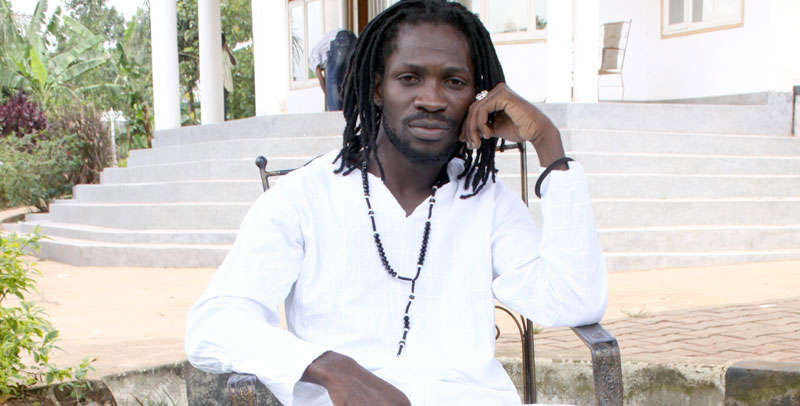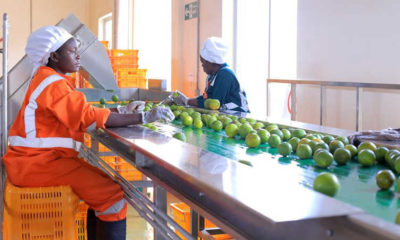Editorial
Bobi Wine has to tread the path of his electorate
Bobi Wine’s election has a number of conflicting and cross-cutting concerns that will challenge, even the many shades of, his ghetto past. In seeking for votes, he has had to embrace them. Now that he is in Parliament, however, he has to sift through these interests and find what is best for his constituents, and the country at large.
Wine – or, Robert Kyagulanyi Sentamu – won a whooping 78% of the vote on his Independent platform. His nearest NRM party rival got a bare five percent. This is telling to the ruling party: it is a protest rejection of what it represents among the citizens of Kyadondo East Constituency; and it could be extrapolated countrywide.
It emerges that when the established party adherents noticed the trend during the campaigns, they sought to switch sides and be with Wine, in effect abandoning and contradicting their own party positions. And as a popular music icon, a number of important Government figures have always been rubbing shoulders with him to be on the popular side. Obviously, in seeking the votes, Wine could, in no wise, have rejected those associations.
Yet as a resident in Kyadondo East, Wine had always noted a sense of abandonment that the NRM had wrought on his constituency, in terms of the lack in social services. He undertook a public role to construct some amenities for his constituents, from his own pocket. It is this which has endeared him to the people of Kyadondo East. Particularly for the unemployed youth, this was an indication of the concerns consistent with a man of the people.
As was his Independent party symbol of, the Watch; during the voting, the youth regularly pointed at heir wrists to indicate two things: that it was time for Wine to assume the Parliamentary seat for Kyadondo East, but also more importantly, that the time had come for the NRM to shuffle off the political scene. The latter is an important message that the established parties should learn.
However, as is usually the case with these national politicians, their reaction is not to listen to the cry of the people (as the vote has shown), but to step up their efforts to craft more measures for rigging future elections; intensifying their lies (if this were possible) to the citizens, in order to hide their inabilities or their lack of interest; and, concentrating their efforts in stealing from the public purse for themselves, instead of using the monies to serve the people.
In Parliament, it is advisable that, Wine listen more closely to what his constituents told him in the overwhelming vote; and do as much as is possible in his law-making role, to make life better for his constituents.
As he does that, who knows? He may catch the attention of the whole country. It would probably transform Wine from the ghetto presidency, to Kyagulanyi, for national attention.
The reverse is true, if he listens to the flatterers who climbed on his bandwagon during the campaign, then, he would likely go down with them. Wine himself has commented on it brilliantly, saying, “People Power is more powerful than people in power.”
Comments



















